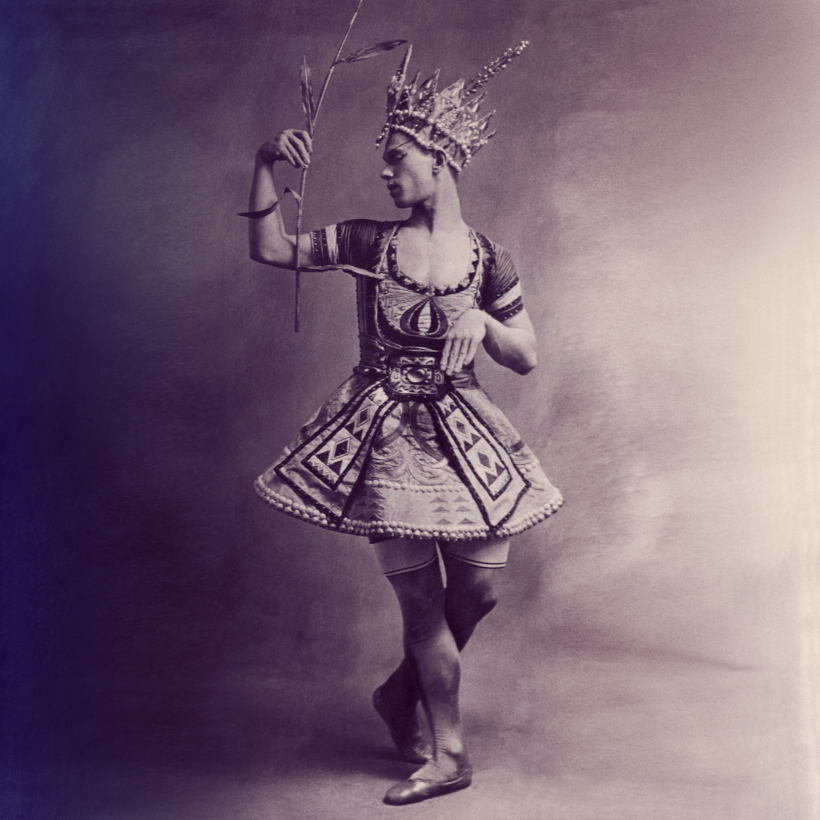In my book, I explore not only the life of the impresario Serge Diaghilev and his dream of bringing Russian culture to the West by creating Ballets Russes, but also those who carried the flame long after he died. One of these was Richard Buckle, commonly known as Dickie.
Buckle had the sort of wilfully eccentric character that 20th-century British people loved. Reckless, stylishly camp, cultured, deeply clever, he had more than a touch of Oscar Wilde’s insouciant genius. His personal life was chaotic, vitiated by alcoholism, money troubles, and disastrous infatuations with unsavory young men. In the postwar decades, he was also a public figure of substantial influence and originality.

